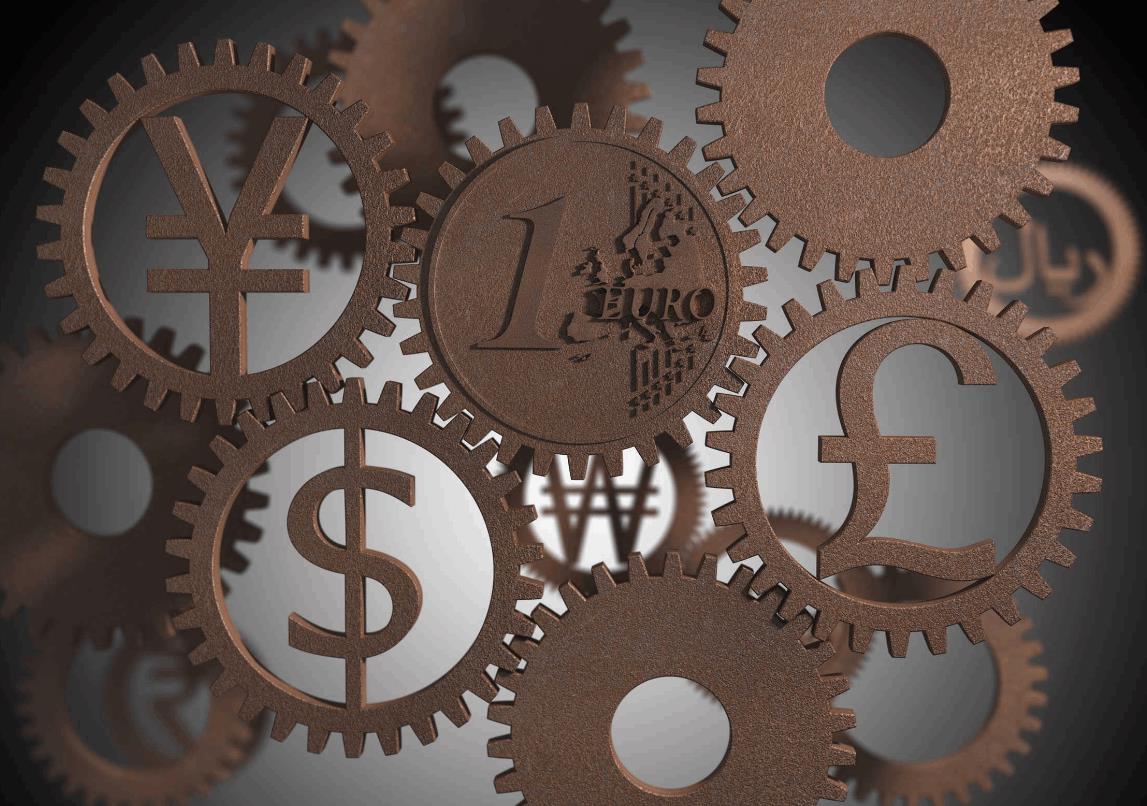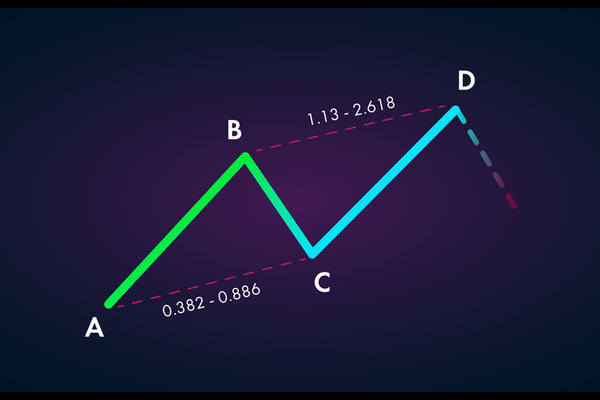Forex refers to the exchange of currencies between different
countries. Each country has its own currency, which is used for transactions and
payments in its own economy. However, when two countries engage in international
trade, investment, or travel activities, currency exchange is required to
exchange one currency for another. The process of exchanging this currency is
called forex trading.

Forex transactions are conducted globally, forming a huge forex market. The forex market is one of the largest and most
liquid financial markets in the world, with a large daily trading scale.
Participants include central banks, commercial banks, multinational
corporations, investors, and individual traders.
The trading prices in the forex market are determined by the
market supply and demand relationship and are influenced by various factors,
such as economic data, political factors, interest rate fluctuations, and
international trade conditions. The existence and development of the forex market have provided convenience for currency exchange in international
trade and promoted the development of the global economy.
The purpose of forex trading is not only to exchange currency but
also for speculation and risk management. speculators seek exchange rate changes
through forex transactions to make profits, while enterprises and
investors can use Forex derivatives such as forward contracts and
currency swaps to manage risk.
Forex plays multiple important roles:
1. International trade
Forex is the foundation of international trade. When conducting
cross-border transactions between two countries, currency exchange is required
to exchange one currency for another. The forex market provides a
channel for currency exchange, enabling smooth international trade.
2. Investment and Capital Flow
The forex market provides investors with opportunities to make
cross-border investments. Investors can transfer funds from one country to
another through forex transactions in pursuit of higher returns or
diversified investment portfolios.
3. Risk Management
The forex market provides a variety of Forex
derivatives, such as forward contracts, options, and swap contracts, to manage
Forex risk. Enterprises can use these tools to lock in exchange rates
to prevent the negative impacts of exchange rate fluctuations on their business
and profits.
4. Central Bank Intervention
The central bank can stabilize the exchange rate of its own currency through
intervention in the forex market. They can purchase or sell a large
amount of forex to regulate supply and demand in order to maintain
the stability of their domestic currency and macroeconomic balance.
In summary, forex refers to the exchange of currencies between
different countries. The forex market is one of the largest financial
markets in the world, with participants including central banks, commercial
banks, multinational corporations, and investors. Forex transactions
can not only facilitate currency exchange for international trade but also be
used for speculation and risk management. Forex plays an important
role in international trade, investment and capital flows, risk management, and
central bank intervention. It is a bridge connecting different countries and
economies, promoting global economic development and cooperation.







